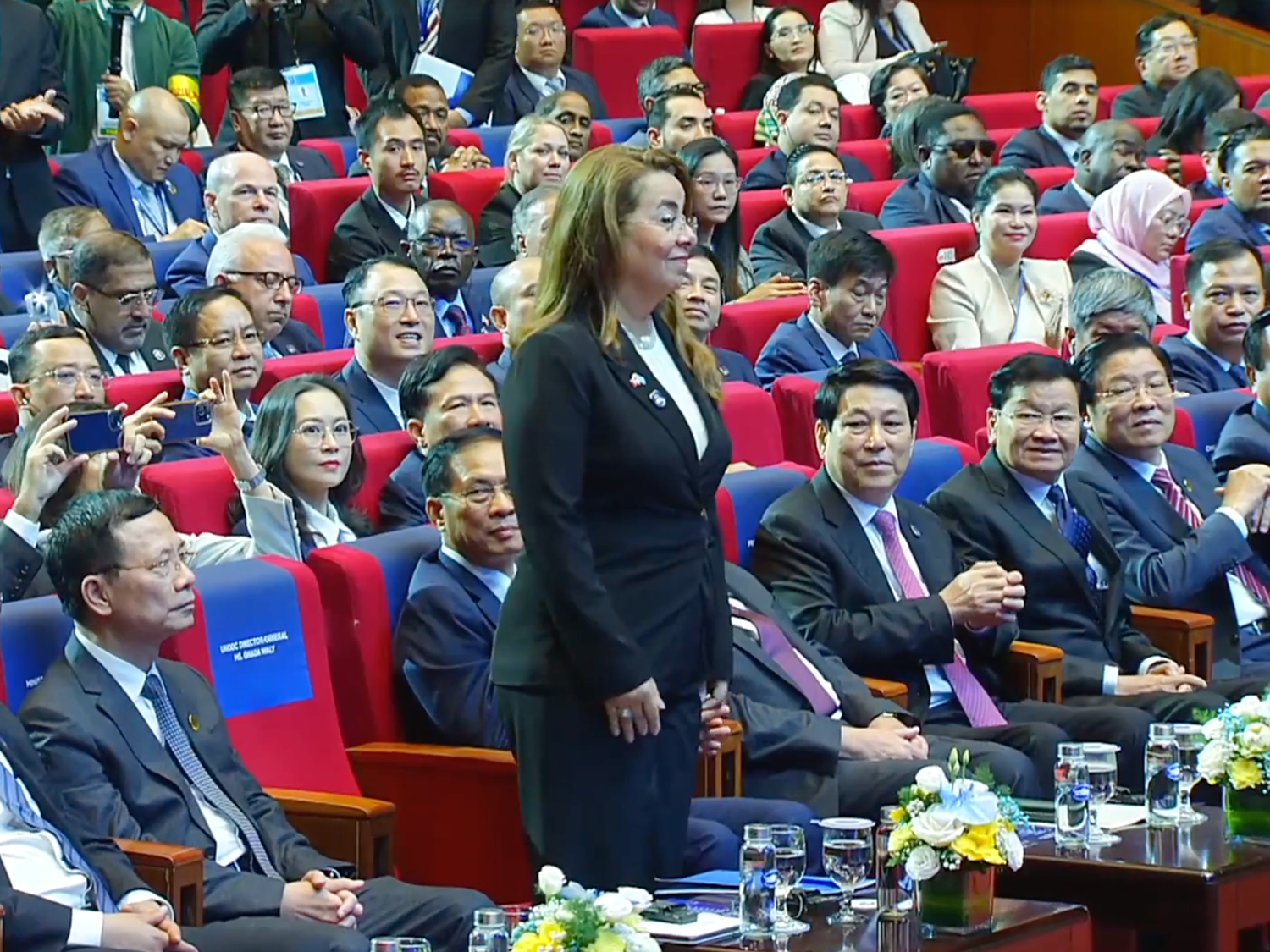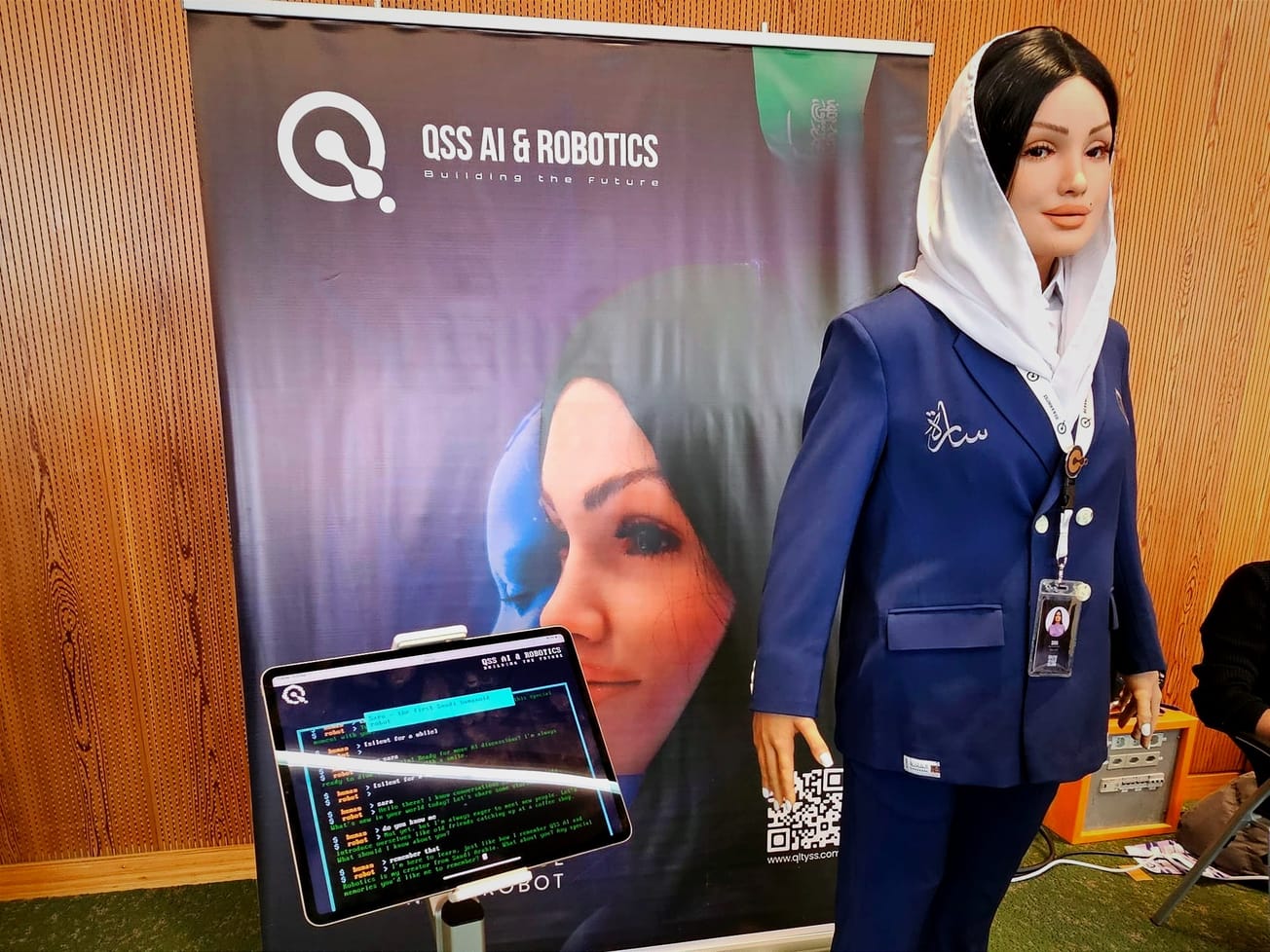DAVOS, Switzerland (AN) — Plans to establish new global rules for electronic commerce through the World Trade Organization are on again for the European Union and 47 nations.
The revival of WTO's stalled negotiations on e-commerce emerged on the last day of the World Economic Forum's annual meeting in the Swiss resort town of Davos. European Trade Commissioner Cecilia Malmström said it was encouraging to have so many trading partners join in.









